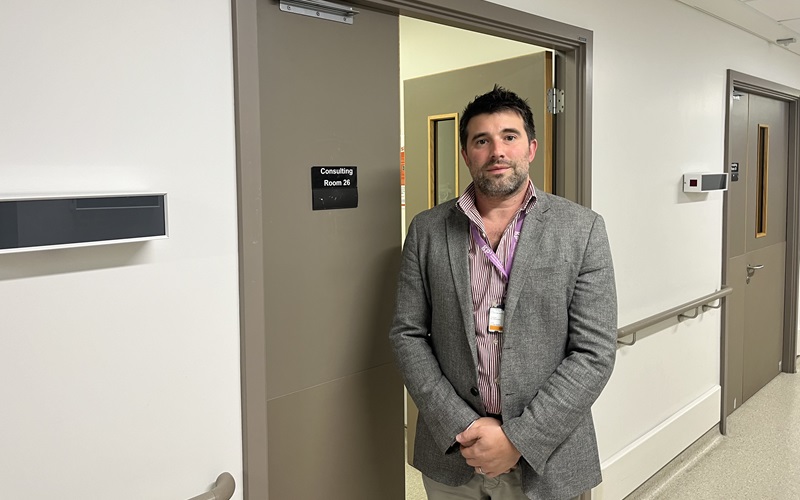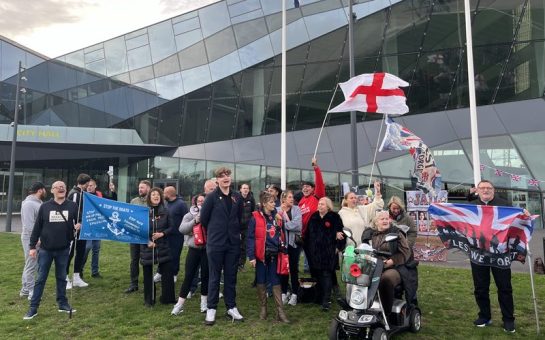Laughing gas is still readily available on Tower Hamlets’ streets despite a campaign to raise awareness of the drug’s risks.
Cases of nitrous oxide – also called nos – remain high a year after Tower Hamlets funded a campaign to educate young people about the drug.
Nos can still be bought easily in shops in the borough and online as a whipped cream propellant.
When used recreationally, laughing gas can cause short term feelings of euphoria, relaxation and disassociation.
N2O Know the Risks was set up by Professor Alastair Noyce, pictured above, as part of Queen Mary University of London’s Preventative Medicine Society.
At his work at the Royal London Hospital, Noyce said: “We see very high levels quantity use, like hundreds of canisters, and those are the people that come to harm.”
The most common symptoms of lower-level nos intake are dizziness, tingling hands and feet, bladder and bowel problems and sexual dysfunction.
When consumed in larger amounts, nos can cause severe nerve damage.
Noyce is also working on new research linking nos-intake with blood clots in young people.
With cases at an all time high in young people in Tower Hamlets, Noyce worked with then medical student Devan Mair to increase awareness of the associated risks.
The campaign started a year before the government declared nos a Class C drug and illegal to possess.
In a 2022-2024 government report, nos was the third most commonly misused drug and was particularly prevalent in young people between 16-24 years of age.
Mair said: “What’s important about the legislation is it targets the end user, but it doesn’t stop supply.
“You can still go online right now and buy 1000 canisters of nitrous oxide with basically no limitation.”
Nos canisters are often seen on the streets, particularly on quieter side roads.
Local business owner Alan Mehmet said it was very common to see people taking nos in their cars outside his shop in Whitechapel once it gets dark.
A year ago, Tower Hamlets funded the campaign to start working with local youth organisation the Osmani Trust.
N2O Know the Risks and the Osmani Trust have worked with 27 schools and local organisations since teaming up with Tower Hamlets.
The focus is on preventative education rather than punishing those partaking and they have delivered to over 1000 young people since collaborating with the Council.
Programme manager of violence reduction, youth and justice at Osmani Trust Abdul Hasnaith said that the response has been good but it is still to early to say how it is going.
However in an anonymous survey conducted after the workshops, more young people said they were more aware of the risks of taking the drug.
Treatment of nos-intake cases involves B12 injections twice a week until the symptoms cease.
As a result of the high number of cases, Noyce is working on a new clinical pathway for nos-related cases, for which Barts Health Trust and QMUL are up for an award.
Mair said that to increase awareness more widely, the risks of the drug should be part of the PSHE syllabus at all secondary schools.
Featured image: Emily Godwin





Join the discussion